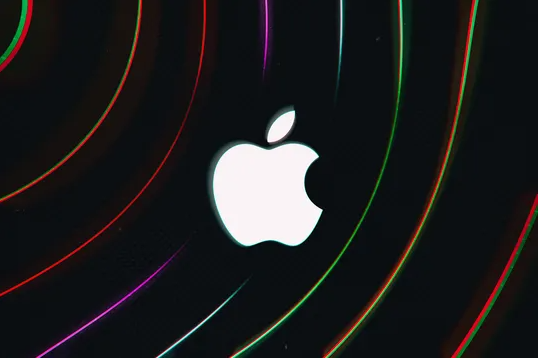With iOS 17.4, Apple is making a number of huge changes to the way its mobile operating system works in order to meet with new regulations in the EU. One of them is an important product shift: for the first time, Apple is going to allow different browser engines to run on iOS — but only for users in the EU.
Apple is finally letting full versions :
Since the beginning of the App Store, Apple has allowed lots of websites but only one browser engine: WebKit. WebKit is the technology that powers Safari, but it’s far from the only engine on the market. Google’s Chrome is driven by an engine called Chromium, which is the dominant engine by a wide margin — Edge, Brave, Arc, Opera, and many other browsers also run on Chromium. Mozilla’s Firefox runs on its own engine, called Gecko.
On iOS, though, all those browsers have been made to run on WebKit instead, which means many features and extensions simply don’t work anymore. That changes with iOS 17.4 — anyone making a browser, or building an in-app browser for their app, can use a non-WebKit engine if they wish. Each developer will have to be authorized by Apple to switch engines “after meeting specific criteria and committing to a number of ongoing privacy and security mitigations,” Apple said in a release announcing the change, at which point they’ll get access to features like Passkeys and multiprocessing. Apple’s also adding a new choice screen to Safari so that when you first open the browser, you’ll be able to choose a different option if you want.
Apple is clearly only doing this because it is required to by the EU’s new Digital Markets Act (DMA), which states, among other things, that users should be allowed to uninstall preinstalled apps — including web browsers — that “steer them to the products and services of the gatekeeper.” In this case, iOS is the gatekeeper, and WebKit and Safari are Apple’s goods and services. (The same part of the DMA also means Microsoft has to let people disable Bing web search and uninstall Edge, and it will cause other changes, too.)
Even in its release announcing the new features, Apple makes clear that it’s mad about them: “This change is a result of the DMA’s requirements, and means that EU users will be confronted with a list of default browsers before they have the opportunity to understand the options available to them,” the company says. “The screen also interrupts EU users’ experience the first time they open Safari intending to navigate to a webpage.” Apple’s case for the App Store has always amounted to: only Apple can provide a good, safe, happy user experience on the iPhone. Regulators don’t see it that way. And Apple’s angry about it.
Again, these changes are only for iPhone users in the EU. Apple says it allows European users to travel without breaking their browser engine but will make sure only accounts belonging to people who live in the EU get these new engines. Elsewhere in the world, you’ll still be getting WebKit Chrome and WebKit everything else. Apple claims (without any particular merit or evidence) that these other engines are a security and performance risk and that only WebKit is truly optimized and safe for iPhone users.
But in the EU, we’re likely to see these updated browsers in the App Store as soon as iOS 17.4 drops in March: Google, for one, has been working on a non-WebKit version of Chrome for at least a year. European users are about to get a real browser war on their iPhones.
